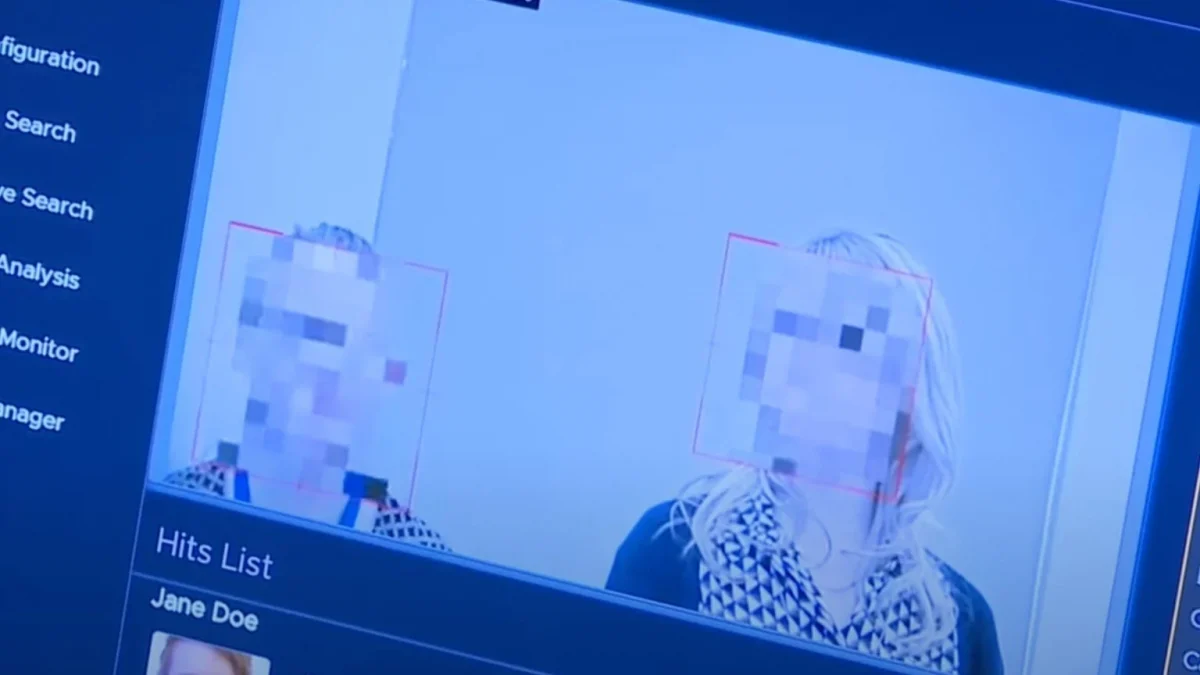From data to app to lawsuit
2015: Alphabet Inc.’s British artificial intelligence subsidiary DeepMind obtains private health records of 1.6 million patients from the Royal Free London NHS Foundation Trust.
This data was to be used to develop the ‘Streams’ app which aims to alert, detect, and diagnose kidney injuries. The app was being developed for use by doctors to detect acute kidney injury. This app was already being used by the Royal free with great praise.
From DeepMinds point of view, they are making use of valuable data in order to progress healthcare and save lives. From Royal Free’s point of view, they are enabling this by sharing this data and then using the app created by this to treat patients. However, for some citizens, this seems like a breach of data privacy.
The British law firm Mishcon de Reya has filed a class-action lawsuit against DeepMind to represent Andrew Prismall and the other 1.6 million patients whose data was shared.
Who is at fault?
Something I find quite interesting about this case is that DeepMind is accused of being at fault rather than the Royal Free, who shared the data in the first place. Although the Streams app was developed by DeepMind, the app was a collaboration between DeepMind and Royal Free and could not have succeeded without both of their inputs.
I believe that both players are to blame in this situation and that DeepMind can not be put at fault alone. Who do you believe is at fault in this situation?
How can we prevent this in the future?
For such situations, a healthcare system with strong regulations regarding data privacy, and healthcare providers who abide by such regulations, would largely diminish the threat of major tech firms such as Alphabet. However, too many regulations can inhibit innovation in some situations. Finding a balance between innovation and safety is a challenge that many industries and regulators struggle with worldwide.
I believe that it is no easy task to find such a balance. There is a growing number of factors influencing a push for both regulation and free innovation as digital information becomes one of the most important assets for innovative development. Experts on data privacy and innovation must come together to form regulations that can foster safe innovation.
What do you think should be done to foster safe innovation in the information era?
References:
https://www.bbc.com/news/technology-40483202
https://www.bbc.com/news/technology-58761324
https://www.cnbc.com/2021/10/01/google-deepmind-face-lawsuit-over-data-deal-with-britains-nhs.html


